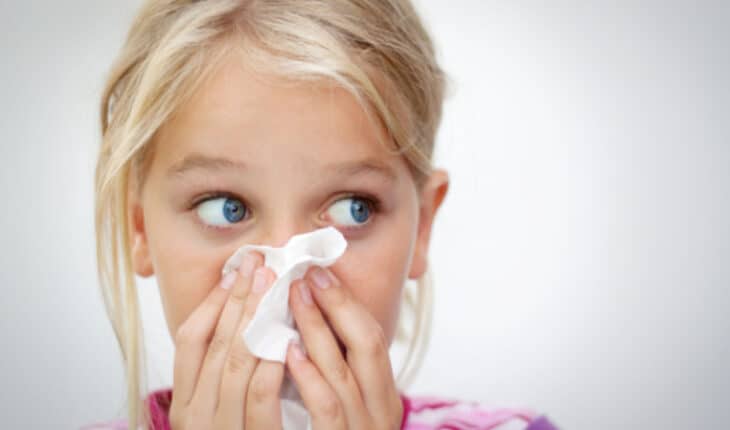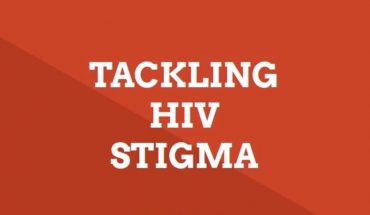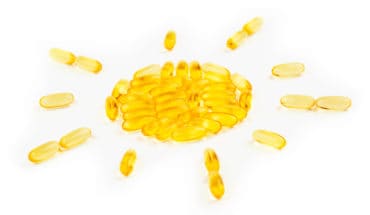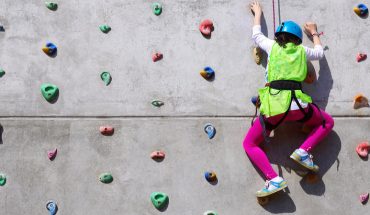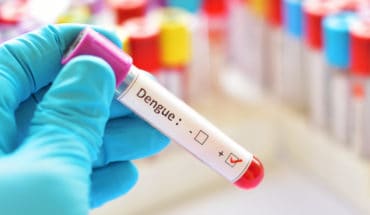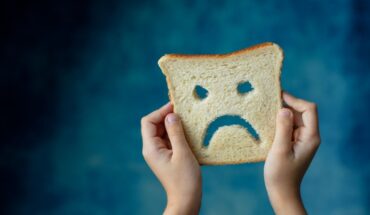University of Queensland-led research has found the lining of children’s noses is better at inhibiting SARS-CoV-2 infections than adult noses.
Dr Kirsty Short from UQ’s School of Chemistry and Molecular Biosciences said it might be one reason why children’s immune responses have so far proven more effective at avoiding and fighting COVID-19.
“Children have a lower COVID-19 infection rate and milder symptoms than adults, but the reasons for this have been unknown,” Dr Short said.
“We’ve shown the lining of children’s noses has a more pro-inflammatory response to the ancestral SARS-CoV-2 than adult noses.
“But we found it’s a different ball game when it come to the Omicron variant.”
The research team exposed the samples of nasal lining cells from 23 healthy children and 15 healthy adults to SARS-CoV-2.
The results showed the virus replicated less efficiently in the children’s nasal cells, as well as a heightened antiviral response.
Dr Short said there were a number of theories why.
“It could be an adaptation to the increased threats of ‘foreign invaders’ such as viruses or bacteria observed in childhood,” she said.
“It’s also possible that increased exposure to these threats in childhood ‘trains’ the nasal lining in children to mount a stronger pro-inflammatory response.
“Or alternatively, metabolic differences between children and adults could alter how virus-fighting genes express themselves.”
The researchers found the Delta COVID-19 variant was significantly less likely to replicate in the nasal cells of children compared to adults.
But the trend was markedly less pronounced in the case of Omicron.
“Taken together, it shows children’s nasal lining supports lower infection and replication of ancestral SARS-CoV-2, but this may be changing as the virus evolves,” Dr Short said.
“Future clinical studies will be needed to validate these preliminary findings in a larger population and to determine the role of other factors, such as antibodies in protecting children from SARS-CoV-2 infection.”
The research has been published in PLOS Biology.
- Gut microbiome could delay onset of type 1 diabetes - 3rd April 2025
- The da Vinci 5 Robot Is Set To Transform Bariatric Care: - 31st March 2025
- Beyond money: the hidden drivers fuelling child food insecurity - 31st March 2025
